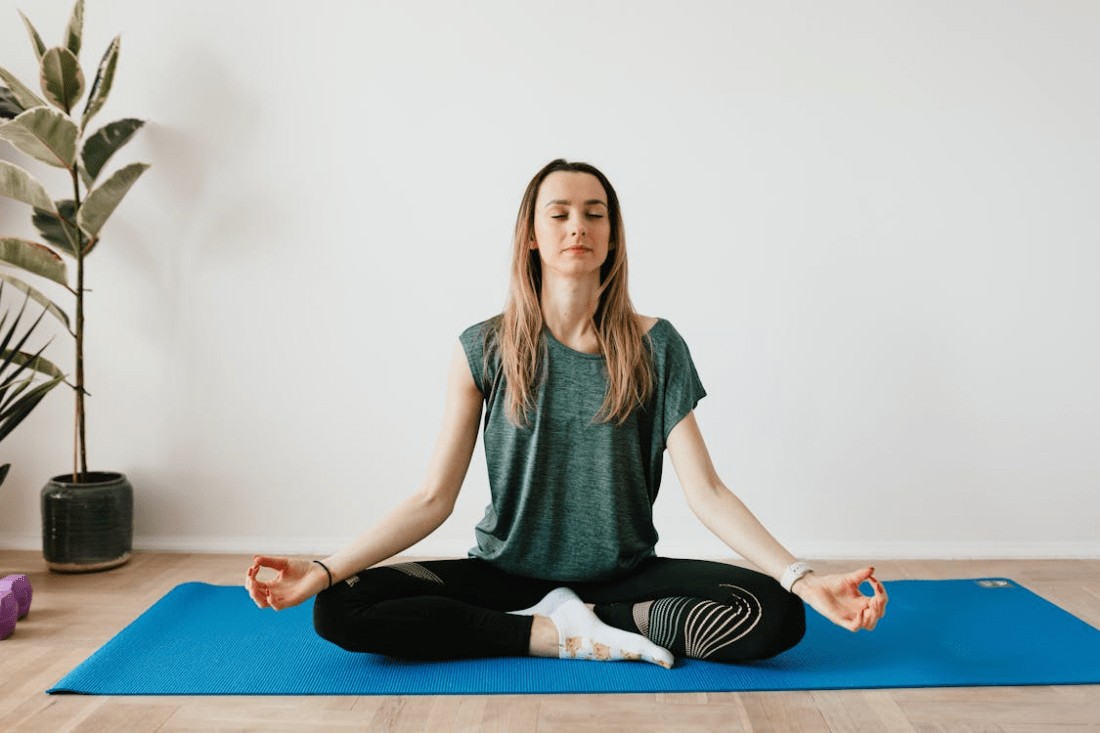
Pilates, a low-impact exercise focused on strengthening muscles while improving postural alignment and flexibility, is increasingly recommended for postnatal recovery. After childbirth, the body undergoes significant physical changes, and finding the right approach to healing is critical. Pilates provides a safe, effective way to restore strength, stability, and overall wellness.
Here are seven ways Pilates can benefit postnatal recovery.
Provides Gentle, Safe Exercise
One key advantage of Pilates for postnatal recovery is that it is a low-impact, gentle form of exercise suitable for women at various stages of recovery. Unlike high-intensity workouts that may be too strenuous in the early weeks after childbirth, Pilates can be adapted to individual fitness levels and healing progress.
Pilates prioritises controlled, slow movements, reducing the risk of injury and straining healing tissues. Exercises can be modified to accommodate diastasis recti, C-section recovery, and other postpartum conditions, making them safe options for women with different needs and concerns. This adaptability ensures that new mothers can exercise effectively while respecting their bodies’ limits.
Luckily, there are countless Pilates instructors around the US nowadays. All of them have been trained to create programs for people wanting to try Pilates and benefit from its effects. Pilates instructors training typically includes a comprehensive curriculum that covers both theoretical and practical aspects of Pilates. This knowledge is essential for understanding the body’s movements and ensuring the safety and effectiveness of Pilates exercises.
With that said, these instructors are knowledgeable on how to incorporate safe and gentle exercises for women’s postnatal recovery.
Strengthens Core Muscles
One of Pilates’s most significant benefits for postnatal recovery is its focus on rebuilding core strength. During pregnancy, the abdominal muscles stretch to accommodate the growing baby, often leading to diastasis recti. This can weaken the core, resulting in poor posture, lower back pain, and difficulty regaining strength.
Pilates emphasises deep abdominal engagement and helps realign and strengthen the core muscles. Specific exercises target the transverse abdominis, the deepest layer of abdominal muscles, which acts like a natural corset, supporting the spine and organs.
Controlled movements such as pelvic tilts, bridges, and leg slides gently engage the core without putting excessive strain on the area. Over time, this leads to improved stability and a reduced risk of injury as the body regains strength.
Promotes Pelvic Floor Recovery
The pelvic floor muscles, which support the bladder, uterus, and rectum, are often weakened during pregnancy and childbirth, particularly after vaginal deliveries. A strong pelvic floor is essential for preventing issues such as incontinence, pelvic organ prolapse, and sexual dysfunction.
Pilates incorporates exercises specifically designed to engage and strengthen the pelvic floor muscles. Many movements involve gentle contractions of the pelvic floor in coordination with breathwork, helping to retrain these muscles to function effectively. Integrating pelvic floor exercises into a full-body workout offers a holistic approach to recovery, ensuring these crucial muscles regain their strength and function.
Improves Posture
Carrying a baby for nine months alters the body’s posture, often resulting in a forward-tilting pelvis, rounded shoulders, and a curved lower back. If not corrected, these postural changes can lead to discomfort, back pain, and a misaligned spine. Poor posture may also affect daily activities such as breastfeeding, lifting the baby, and carrying heavy items.
Pilates focuses on restoring balance and alignment through controlled movements that encourage proper posture. Exercises target the muscles that support the spine and shoulders, helping to correct imbalances caused by pregnancy.
Boosts Flexibility and Mobility
After giving birth, stiffness and limited mobility in certain areas, particularly the hips and lower back, are common. The pelvic area, which has undergone significant strain during labour, can feel tight and restricted. Furthermore, the body’s production of relaxin, a hormone that loosens ligaments and joints during pregnancy, may continue postpartum, affecting stability and flexibility.
Pilates gradually restores flexibility and mobility, promoting a balanced body capable of moving freely and efficiently. Gentle stretching exercises target tight areas such as the hips, lower back, and shoulders, increasing the range of motion without undue stress on healing muscles and joints. This increased flexibility can make everyday tasks more comfortable and help new mothers regain confidence in their physical abilities.
Relieves Back Pain
Back pain is a common complaint among new mothers, especially those recovering from pregnancy and childbirth. The extra weight carried during pregnancy, combined with the strain of labour and the physical demands of caring for a newborn, can lead to discomfort in the lower back and upper shoulders.
Pilates helps relieve back pain by strengthening the muscles supporting the spine and improving overall alignment. Core stabilisation exercises target the abdomen and back muscles, helping support the spine and reduce strain on the lower back. Additionally, Pilates encourages mindful movement and posture awareness, reducing the risk of aggravating back pain through poor body mechanics.
Supports Mental Well-Being
The physical benefits of Pilates are well-known, but it also has a profound impact on mental health. The postnatal period can be emotionally challenging, with hormonal fluctuations, lack of sleep, and the pressures of caring for a newborn contributing to stress, anxiety, and even postpartum depression. Pilates offers a way for new mothers to reconnect with their bodies and find mental clarity amid these challenges.
Pilates’s mindful movement and breathwork provide a calming, meditative effect. Focusing on precise movements and deep breathing encourages relaxation and reduces stress. This mindfulness can help new mothers feel more centred and grounded, improving their overall emotional well-being.
Final Words
Postnatal recovery requires time, patience, and the right approach to exercise. Pilates offers a comprehensive solution, gently and effectively addressing the core, pelvic floor, posture, flexibility, and mental well-being. Whether you’re just beginning your recovery or looking to enhance your fitness journey, Pilates provides a safe and supportive pathway to reclaiming your physical and emotional well-being after childbirth.



